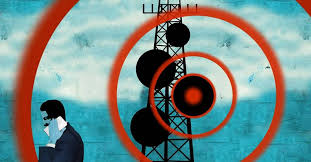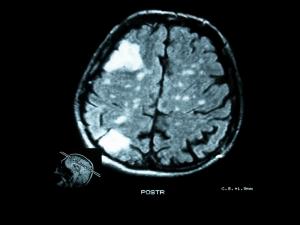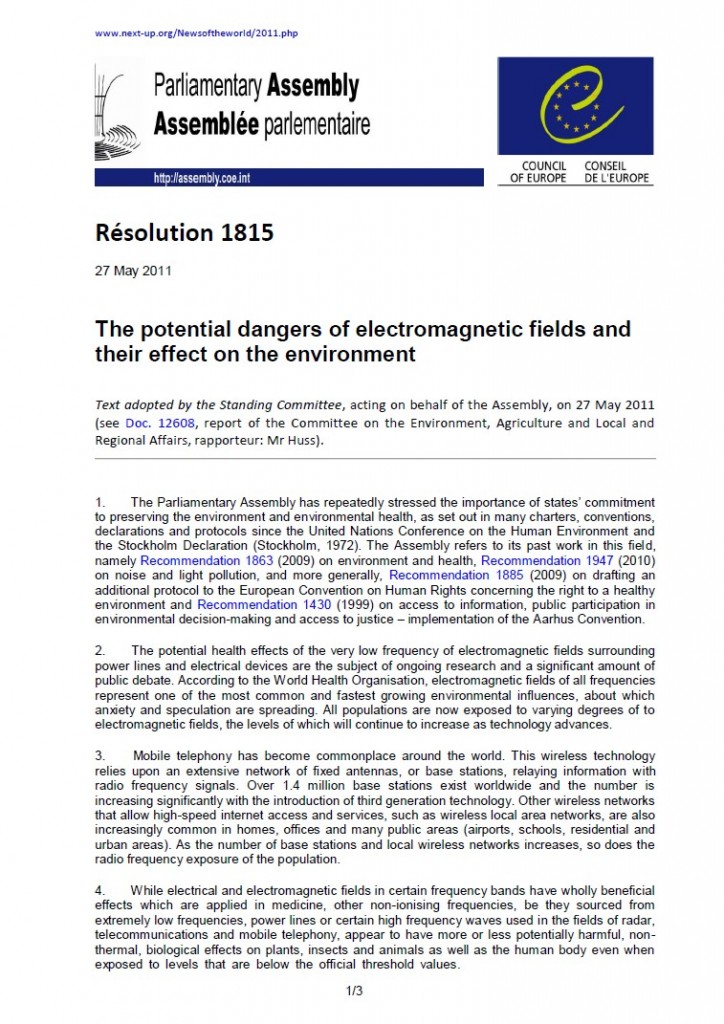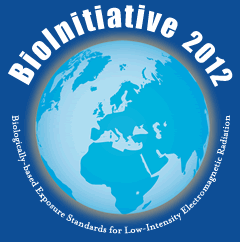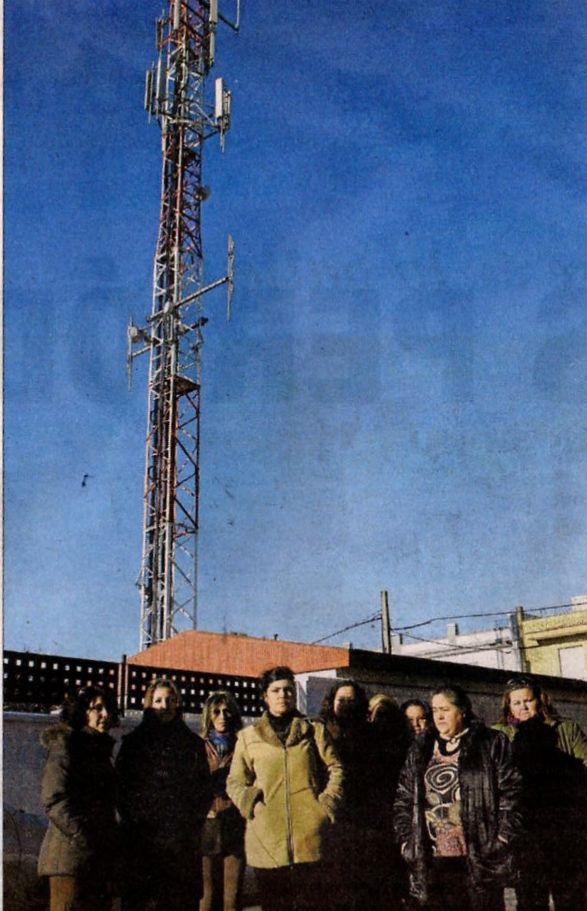Portada del sitio > Prensa > Examining the health costs of high-tech gadgets. Research by Dr. Avendano (...)
Examining the health costs of high-tech gadgets. Research by Dr. Avendano shows link between infertility and Wi-Fi use
Domingo 24 de octubre de 2010 · 1898 lecturas
Examining the health costs of high-tech gadgets. Research by Dr. Avendano shows link between infertility and Wi-Fi use
By Caterina Rotunno
Dr. Conrado Avendano
Technology can make our day-to-day lives easier but at times we risk losing control due to a lack of awareness of the potential consequences to our health.
Recent trials by the medical team at Nascentis Reproductive Medicine Center in Cordoba, Argentina, analyzed the effects of electromagnetic radiation from portable computers connected to Wi-Fi on sperm and reproductive ability.
When using our laptops, often placing them on our laps, we soon feel the heat they emit. Other studies have shown evidence of possible side effects by cell phone electromagnetic radiation on sperm quality, and as far as laptops, potential danger was attributed to the heat given off during their use. Argentine doctors wanted to delve deeper into the issue, and their research has shown that exposure from being in proximity to laptops connected to Wi-Fi causes a reduction in sperm motility associated with DNA damage to these cells, with a reduced reproductive capacity in males.
The experimentation was carried out in Dr. Conrado Avendano’s lab - he’s the biochemist specializing in andrology who coordinated a team of doctors composed of Ariela Mata (embryology lab director), Andres Juarez Villanueva (endoscopy department director), and Cesar Sanchez Sarmiento (medical director).
In an interview granted to our paper, Dr. Avendano affirms that “sperm vitality and motility was examined during experimentation. The spermatozoa were exposed to electromagnetic radiation for about three of four hours - they didn’t die but there was a notable reduction in their motility, which is indispensable for fertilizing the female ovum.”
“Meanwhile,” continues Dr. Avendano, “there was a significant increase in sperm that showed evidence of damage in their DNA molecules. Sperm DNA fragmentation has been shown to decrease the chance of natural conception.”
What could the damaging consequences be to sperm cells’ DNA fragments which you observed in-vitro during the process of fertilization, and in particular, during embryo and fetus development?
“Sperm DNA damage has been linked to poor rates of conception, impaired embryonic development, an increased incidence of miscarriage, and the appearance of various kinds of morbidity in the offspring, including childhood cancer. Studies on animal models have been revealed that sperm with damaged DNA can successfully fertilize the oocyte but it may reduce the rate of pre-implantation, embryo development, and number of offspring.”
Your research highlighted the risks to men. Is it also possible that there are risks to a woman’s reproductive system as a result of improper and prolonged use of electronic equipment connected to a Wi-Fi system?
“We speculate that the electronic magnetic fields (EMF) generated by Wi-Fi may decrease sperm quality in vivo. It is well known that EMF can penetrate the tissues, so it would be possible that this radiation also impacts female gametes. However, we have not studied that sowe cannot be sure - it would be necessary to do studies to confirm it.”
Based on your medical experience and current trials, can you make recommendations to our readers - particularly to youth - on the correct use of laptops connected to Wi-Fi networks and electronic equipment in general?
“We recommend not placing laptops on the lap while in use, especially if these are connected to Wi-Fi. At least until science can study the real impact of this radiation on reproductive health.”
Your research will be presented next October at the American Society for Reproductive Medicine (ASRM) in Denver, Colorado. What are your expectations?
“Nascentis is a new reproductive medicine centre and this is our first international presentation. Although these are preliminary results, we believe that it may have good acceptance in the reproductive medical community and allow us to expand our knowledge on sperm quality.”
Ver la entrevista original AQUÍ

